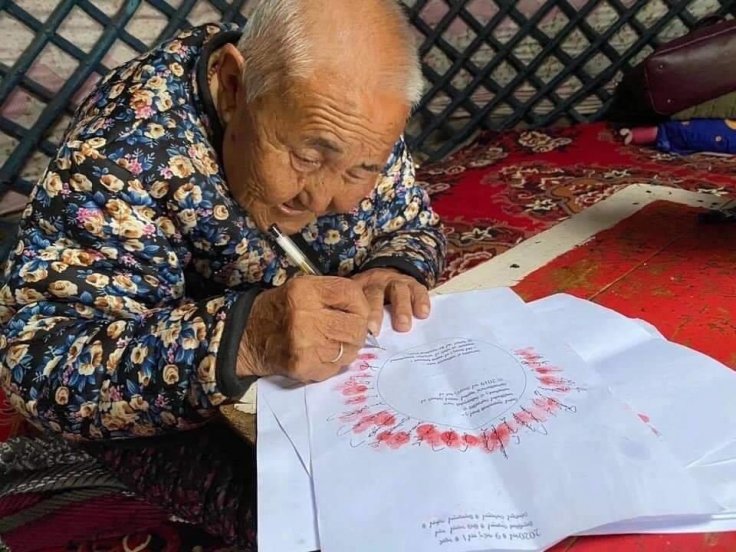Amid protests over a new policy in China's inner Mongolia that would see the Mongolian language making way for Mandarin, a U.S. newspaper claimed that its journalist was detained, physically abused and expelled from the region for reporting on the subject.
The journalist from the Los Angeles Times was covering the protest in the region when she was detained and interrogated at a police station. The reporter was grabbed by the throat and pushed into a lockup for more than four hours and was not allowed access to the U.S. embassy. She was then forced into a train to Beijing with three government officials and a policeman accompanying her till the train left the station.
The incident is one of many amid escalating tensions between China and the U.S. with both countries expelling journalists in the last few months. While the report didn't identify the journalist, LA Times' Beijing Bureau Chief Alice Su confirmed it was her to Associated Press.

Mongolia Protests
Su was visiting a Mongol School in Hohhot for a story on the protests in Mongolia when she was surrounded by police in plainclothes and forced into a police car. However, the Hohhot city authorities declined to comment.
There have been intense protests this week in the inner Mongolia region following a decision that would see increasing importance to Mandarin over the Mongolian language in schools. The region of 25 million population has over 17 percent ethnic Mongolians while 70 percent Han (traditional Chinese).
However, a policy was introduced this week before the new school session began that would see increased importance to Mandarin. Literature classes in Mongolian-medium elementary and middle schools will switch in Mandarin while the textbooks will also use the same language instead of Mongolian. Over the next two years, other courses will also switch to Mandarin.
'Cultural Genocide'
People in the region see this as an attempt to wipe out their mother tongue and cultural genocide as it happened in Tibet and Xinjiang. In both regions, the Chinese Communist Party (CCP) has been accused of suppressing the local culture in favor of the Han, country's ethnic majority. There have been mass protests against the move with teachers and parents marching "to protect mother tongue". People have also boycotted schools. But the protesters have faced a crackdown by the local police authorities.
One of the protesters told LA Times that her grandson had to return to school as her son was threatened to be fired from the workplace. "We had no choice. We want our grandson to go to school, of course, but not to forget his mother tongue," she said.
Another protester said it was outrageous. "What century are we living in? They've snatched away our rights," he added.
However, China's Foreign Ministry spokesperson, Hua Chunying described the reports of protests "political speculation with ulterior motives."
"The national common spoken and written language is a symbol of national sovereignty. It is every citizen's right and duty to learn and use the national common spoken and written language," she said.









